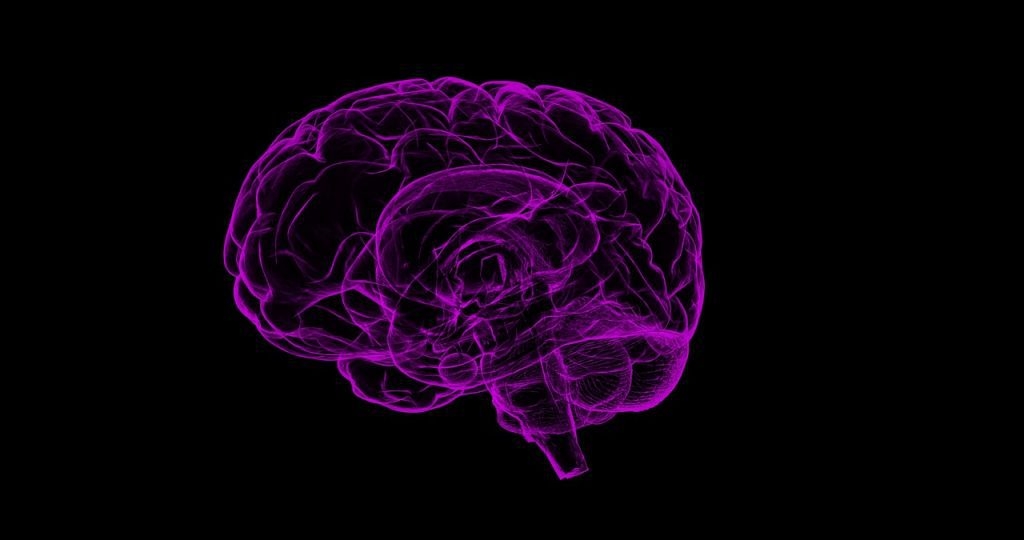What Causes Forgetfulness? Is a question that plagues many people, but it is not an illness or a symptom of dementia. There are several causes of forgetfulness, and all of them have some level of causality. Some are temporary, like a lack of sleep, while others are permanent. Some are caused by emotional problems. Other causes include depression and anxiety. However, most forgetfulness is caused by a lack of proper mental health.
Other causes of forgetfulness are mental health conditions and emotional distress. These conditions can lead to the loss of memory, which feels like a brain fog. Some forgetfulness is caused by a head injury, such as a concussion. If you experience a sudden lack of memory, it’s best to seek medical help as soon as possible. If you suffer from persistent forgetfulness, you may need to see a doctor right away.
Organization is another factor that can contribute to forgetfulness. People who live in messy apartments are more likely to lose things or forget important information. It’s also harder to remember new subjects if your notes and apartment are cluttered. Keeping an electronic planner or a to-do list will help you keep track of important information and keep you organized. A checklist is a useful tool to remember the details of everyday life.
A lack of sleep, poor diet, and thyroid problems can contribute to forgetfulness. There’s also a link between poor memory and depression. In addition to lack of sleep, these conditions can lead to short-term memory loss. And they can even lead to depression or Alzheimer disease. While there are many causes of forgetfulness, some are permanent. The best way to treat them is by treating the underlying cause.
There are a number of reasons why people forget. Whether it’s age related or a more general condition, forgetfulness is a frustrating problem. Although it doesn’t pose a serious threat, it’s important to understand its underlying cause. Some causes of forgetfulness are age related, and some aren’t life threatening. If you are concerned about your own memory, consult your doctor.
Forgetfulness is a problem that can affect anyone. But despite the cause, there’s nothing to be ashamed of. Forgetfulness is a normal symptom of a condition, not a condition. If you’re experiencing this problem, it’s worth addressing the issue. It’s not a sign of weakness. You’ll need to find a solution that fits your needs.
A lack of organization is another cause of forgetfulness. Forgetful individuals have a hard time remembering details that aren’t easily accessible. A lack of order in your house can make you more easily confused. For instance, if your home is cluttered, you’re more likely to lose things and forget about important things. A good strategy is to use an electronic planner to record appointments and to-do lists.
Several factors contribute to the condition. For example, a lack of organization can lead to forgetfulness. If you live in a messy environment, it’s easy to lose things and forget to do anything. If your memory is disorganized, you’re less likely to remember things that are important to you. Forgetfulness can be a problem of the brain, and it’s essential to find out the root cause of your problem and work to overcome it.
The most common causes of forgetfulness are stress, depression, and not getting enough sleep. Insufficient sleep is one of the most common causes of forgetfulness, and it can affect your life. Moreover, lack of sleep can also make you forget things. Similarly, overwork, anxiety, and toxins can lead to memory problems. Therefore, it’s important to identify the cause of your forgetfulness and begin treatment.
Besides aging, stress can also cause forgetfulness. When a person is stressed, it’s harder to focus and can result in a loss of memory. When you’re in this situation, your memory might not work as well as it should. If you’re stressed out, your brain may be unable to store information properly. It may be that stress prevents information from being stored in your brain.
















